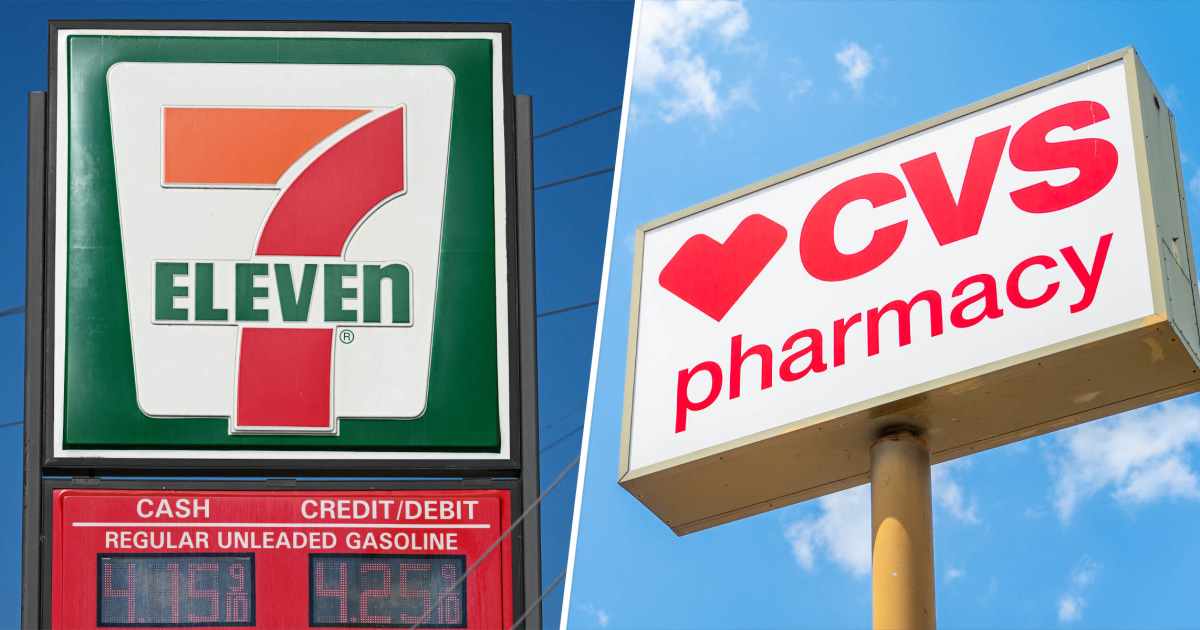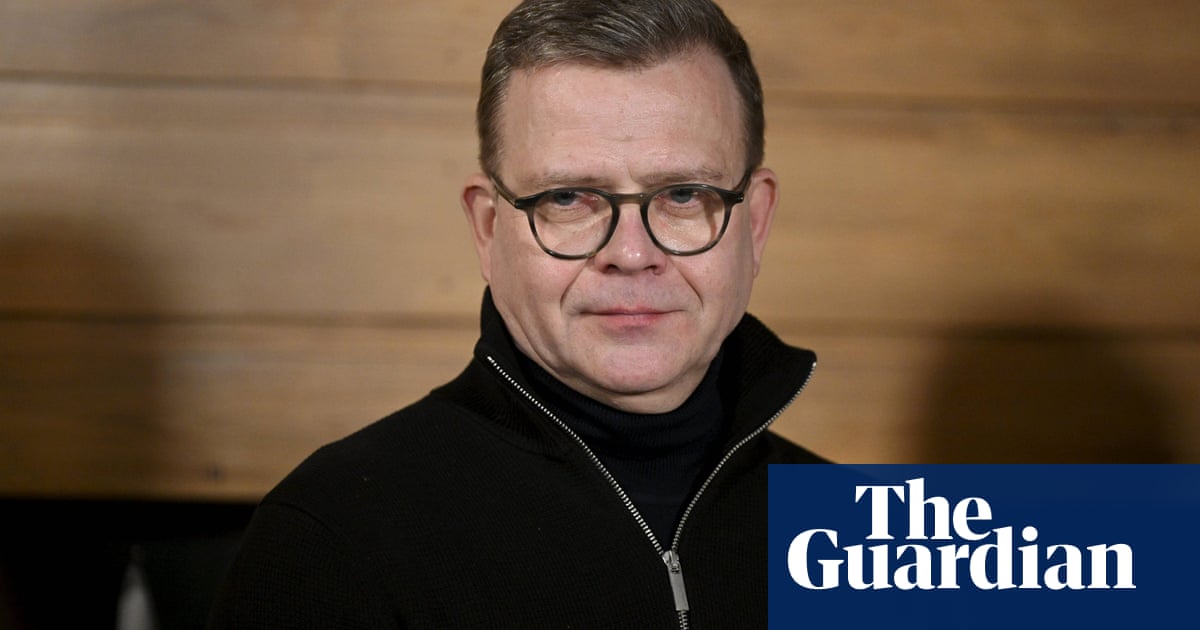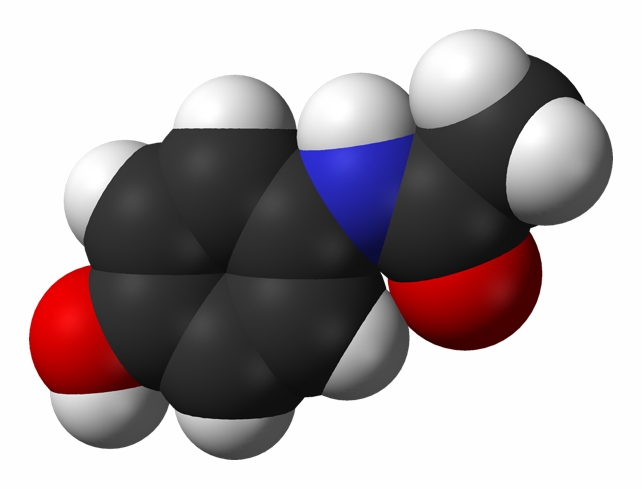“Making It Work” is a series about small-business owners striving to endure hard times.
During the fall of 2020, many parking lots remained empty, but the gravel lot in the outskirts of the Detroit suburbs was overflowing with cars. A stream of masked visitors wandered toward the lit woods, unsure of what to expect, and what they found was an immersive experience called Glenlore Trails, created by Scott Schoeneberger and his wife, Chanel. Visitors could enjoy a half-mile hike through an illuminated forest complete with interactive video walls and vibrant waterfalls. The idea was a hit. Tickets were sold out within a week for the month-long event, and the couple soon realized this long-shot idea might help their family business get through the Covid-19 pandemic and keep some of their 225 employees from being furloughed. Glenlore Trails now accounts for 6 percent of the company’s income, with expectations that it will account for 25 percent within five years.
Bluewater Technologies, which builds live experiences for corporate and convention clients, saw a significant impact on its business during the pandemic. In August 2020, a study by Visa found that 67 percent of small businesses said they were turning to pivot strategies. Bluewater’s idea proved to be successful and they are making their pandemic pivot permanent by working with conventions and corporate clients on similar experiences.
Many businesses are moving away from the pandemic pivots, but for some owners, like those at Glenlore Trails, they proved to be fertile ground for experimentation that continues to pay off. They are making their pivots permanent and providing unique, interesting experiences to customers.
Kyle Beyer, an independent pharmacist in Shorewood, Wis., leaned into vaccines to pivot his business during the pandemic. Before the pandemic, vaccines were not offered at his location, but now the service accounts for 10 percent of revenue, indirectly resulting in a doubling of his prescription business in three years. Mr. Beyer began renovating the space and offering curbside pickup and expanding the delivery service when the pandemic spread. When Covid-19 vaccine doses became available, Mr. Beyer signed up to receive them, and that’s when things got chaotic. After 24 hours of pure chaos and reinventing a renovated display section as a waiting area for the vaccine service, word spread, and people from neighboring towns started driving in for their shots. Mr. Beyer hired a full-time nurse to accommodate the increased demand, and the intensity has lessened, but the nurse is still on staff part time, doling out childhood immunizations, back-to-school shots, and travel services.
In March 2022, Mr. Beyer bought a second location in a neighboring community where he was able to add compounding to his services.
In some cases, a pivot isn’t about what you do, but whom you do it for. LaQuanta Williams decided to focus her efforts on commercial customers after she lost all of her residential clients in a day during the pandemic. Her company, White Glove Cleaning Solutions, began as a student project at the University of Akron. She rented an office and passed out postcards to find her first clients. After losing all of her residential clients, she started researching electrostatic sprayers and began calling stores and offices offering her services. A program to help minority suppliers connected her with several contractors who hired her to do post-construction cleanup. She has had to hire five people to help her meet the demand and doesn’t imagine that she will return to residential cleaning.














